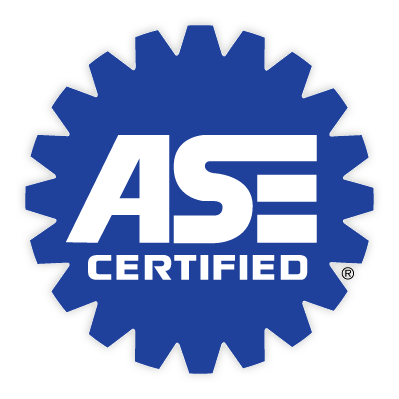Why Does My Check Engine Light Come On?
It happens fairly often. Either when temperatures drop, or when repairs are done, or seemingly for no reason whatsoever – that little light on your dashboard comes on to tell you to check your engine. Generally speaking, the check engine light is triggered by one or more sensors giving abnormal readings within your vehicle. Some causes are fairly benign, whereas others require service to prevent damage to your vehicle’s engine. There are around 500 different causes that trigger the check engine light, and special diagnostics equipment is usually needed in order to pinpoint the cause.
Loose Gas Cap
One common cause it simply that the fuel cap on your vehicle is loose. The cap does more than just keep gasoline from sloshing out. It also helps maintain a proper amount of pressure in your gas tank and prevents fuel loss through evaporation. If it is loose, then your vehicle may not run as efficiently. If the check engine light comes on, first try tightening the gas cap. If that doesn’t work, then either your gas cap is damaged and needs replacement, or there is some other problem causing the check engine light to come on.
Oxygen Sensors
The most common cause of check-engine repairs is faulty oxygen sensors. Oxygen sensors allow your vehicle to maintain enough O2 in its system to keep fuel burning efficiently. If your O2 sensors fail, it can cause your vehicle to burn fuel less efficiently and increase emissions, resulting in as much as a 40% drop in fuel economy. If the light is triggered by failing or faulty O2 sensors, then you may be spending more on gas then it would take to make the proper repairs.
Catalytic Converter
The catalytic converter is costly to replace, but if yours is faulty or failing, it can cause your engine to run less efficiently and damage your fuel economy. A failing catalytic converter most often results from some other underlying cause, such as faulty O2 sensors, a malfunctioning mass airflow sensor, or even a bad spark plug. Fortunately, these can all trigger the check engine light as well, which gives you a heads up to get repairs done before your catalytic converter goes. If any of these can be diagnosed before they cause catalytic converter failure, then you will save yourself more costly repairs in the long run.
It may seem like a hassle, but getting your vehicle checked as soon as the check engine light comes on can save you time and trouble in the future. If yours comes on, take it to a trusted mechanic. At McKinney Motor Company, our ASE certified mechanics can run the diagnostics and perform the maintenance required to keep your car or truck running smoothly.
Call us at (505) 298-6734 to schedule an appointment.




